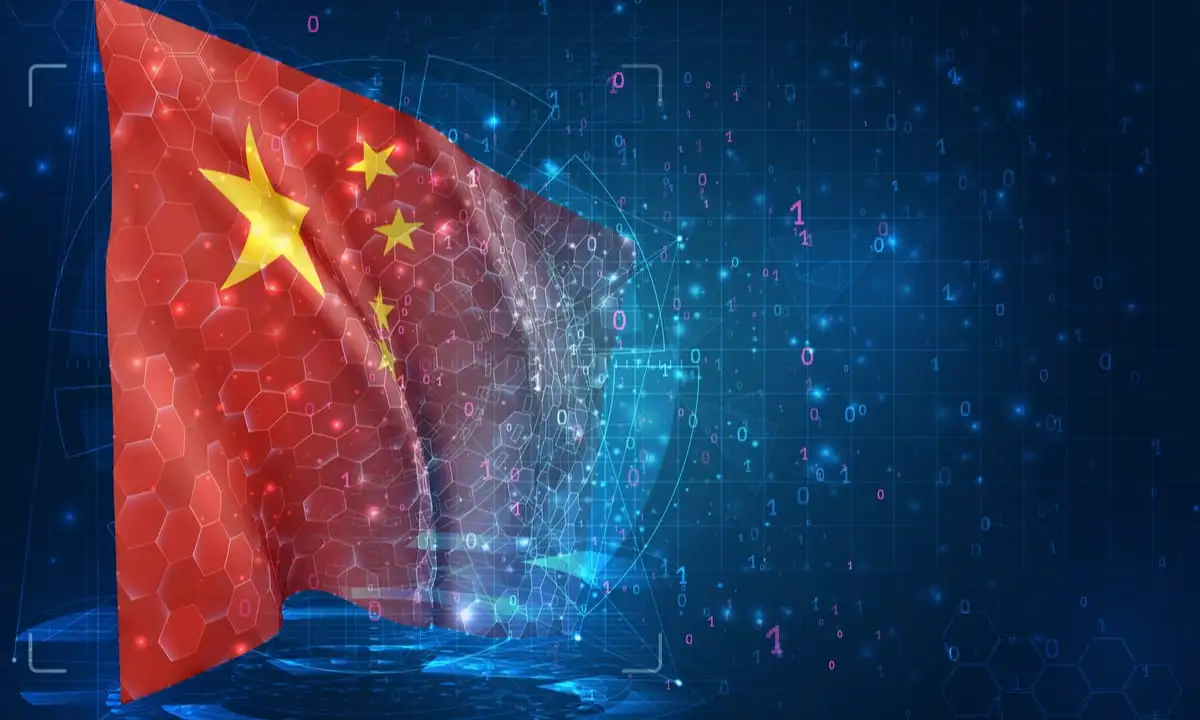‘Industry plus artificial intelligence’ is rapidly reshaping China’s manufacturing landscape, fueled by technology companies racing to develop AI agents capable of handling complex tasks.
BEIJING – In Suzhou’s textile mills, the familiar hum of looms is now accompanied by the quiet precision of artificial intelligence. China Telecom’s “StarWeave Textile AI Agent” continuously monitors thread tension and inspects fabrics for flaws in real time, helping deliver 99 percent on-time orders, boost productivity by 20 percent, and nearly eliminate defects.
This innovation reflects a broader industrial transformation across China, where “Industry plus AI” is rapidly taking hold. Tech firms are racing to develop AI agents—autonomous systems capable of executing complex workflows beyond simple recommendations. These agents now handle tasks ranging from customer service and data analysis to compliance and financial operations.
China’s leadership is actively driving this integration. In June, Industry and Information Technology Minister Li Lecheng outlined a strategy to make AI a cornerstone of new industrialization, while chief engineer Xie Shaofeng confirmed the creation of 11 national AI pilot zones and new innovation centers for robotics and next-generation technologies.
Experts emphasize the stakes. Hong Qunlian of the National Development and Reform Commission noted that manufacturing is central to global competition, and AI-driven upgrades are essential for China’s economic strength over the next five years. Similarly, Accenture Asia Pacific’s co-CEO Ryoji Sekido called China a global benchmark for AI-driven enterprise transformation, citing BYD’s integration of AI across R&D, design, manufacturing, and autonomous driving as a model of “corporate reinvention.”
The adoption figures are striking. IDC reports that the share of Chinese industrial enterprises deploying large models and AI agents surged from 9.6 percent in 2024 to 47.5 percent in 2025, while multi-application use rose from 1.7 percent to 35 percent. IDC projects industrial AI spending in China will hit 90 billion yuan ($12.5 billion) by 2028.
Companies are already demonstrating results. Lenovo recently launched AI agents for manufacturing, with its “Supply Chain Control Tower” accelerating decision-making by up to 60 percent, raising order fulfillment by 5 percent, and cutting costs by 20 percent. Such applications highlight how AI is moving industry beyond basic automation to interconnected, autonomous systems, reinforcing a cycle of innovation that is reshaping China’s industrial landscape.















Leave a comment